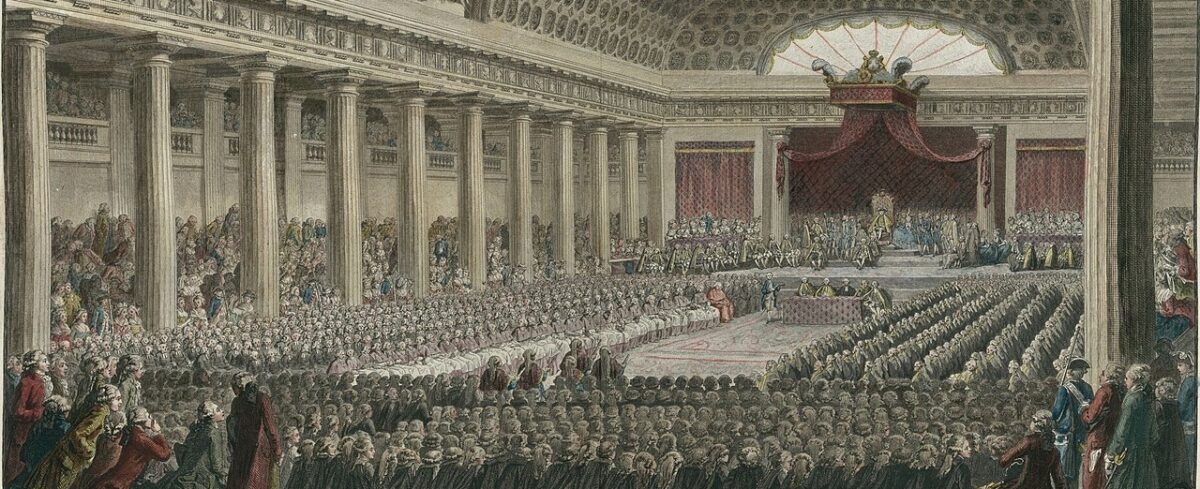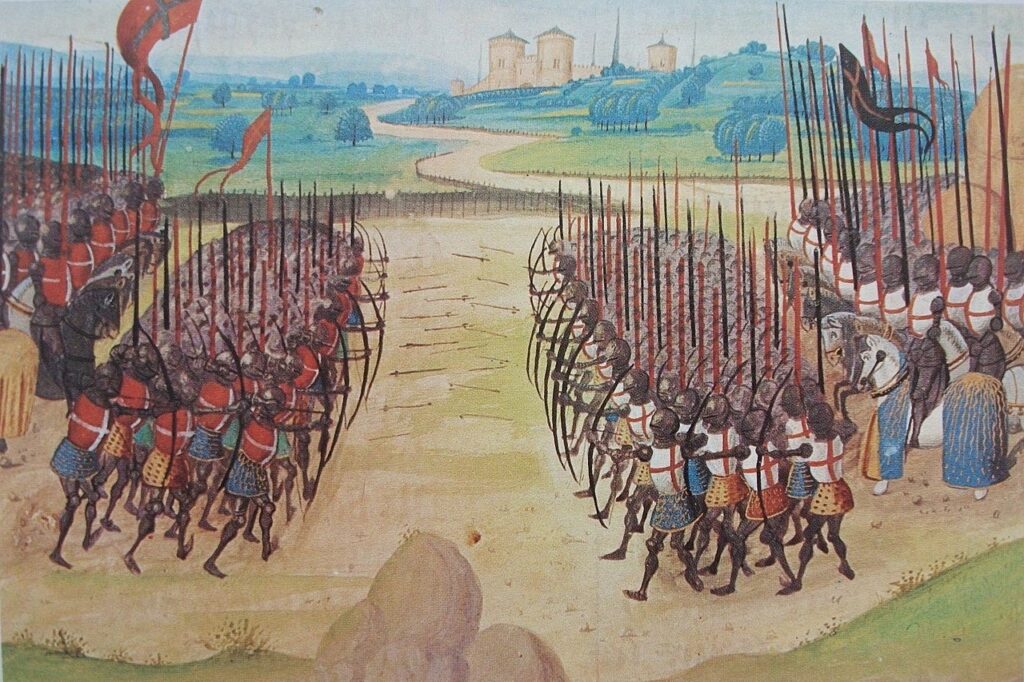Elon Musk’s “offer” to buy twitter was just another moment of thoughtless, grandiose stupidity. Musk quickly realized that owning and being responsible for twitter was a horrible fucking idea, so he wisely tried to back out. But here Musk encountered something he has never, ever had to deal with: a Delaware Chancery Judge.
Unlike the SEC, the rest of the U.S. government, and the owners/managers of all news media, Delaware Chancery Judges aren’t really scared of unlimited wealth backed up by total bullshit. They deal with it all the time. If it had been any other governmental institution, Elon Musk would have successfully–and very wisely–gotten out of buying twitter.
But the traditional Musk modes of high-powered bullshitting, pressuring, and outright threatening people and institutions don’t work with a Delaware Chancery Judge: the Big Boys are always playing in her sandbox, she knows they’re full of shit, so she follows the law (this does not make her a symbol of principled resistance to power–in these disputes, there are almost always Big Boys on both sides, so following the law simply makes things predictable and “fair” over the long run; it’s just what’s expected*).
Don’t believe whatever else you’ve heard: Musk wanted out of buying twitter, but his lawyers told him the Judge was going to force him to buy it anyway.
So Musk “repackaged” the deal, pretended the idea of going forward was his, and bit the bullet. And now he is fucked. twitter doesn’t make a profit, wasn’t about to make a profit, and the specifics have never been entirely clear on how “real” mega-profits could ever be made (in the dot-com era, this is not unusual: as long as a business has an established base of millions of avid users, Wall Street is willing to wait years before that business shows any meaningful profit).
But the mere fact of Musk’s takeover has destroyed the previously-accepted timeline–i.e., the timeline under which Wall Street, the financial media, and everyone else would let this “successful” company lose money for years. Under the old management, twitter probably had at least five more years before Wall Street et al. would actively desert/destroy its stock value because there was no “real” money being made.
Musk’s twitter will be expected to make money sooner, and it never, ever will. Like so many of his ilk, Elon Musk primarily runs the brand of “Elon Musk” and makes deals: he has never really run a company. Having started out rich & privileged, Musk’s present mega-wealth is based on being at the right place, at the right time, to buy and then sell out (PayPal, if you’re wondering). After the sell-out (i.e., the true cause & origin of his present mega-wealth), Musk bought things and played with his money. Tesla is other peoples’ creation/idea, and, under his management, is just bullshit (i.e., a ridiculously inflated and unjustified stock price) and government subsidies/support. SpaceX is all bullshit and government subsidies/support. The Boring Co., Starlink, and Neuralink are laughable monstrosities that will never make money (and, unlike Tesla and SpaceX, even Musk’s PR Deathstar can’t overwhelm the financial fanzines, e.g., Inc., Entrepreneur, Forbes, Wired, etc., into pretending these sillinesses are successful in any way).
Elon Musk was always doomed to become a joke. But this forced takeover of twitter will make his downfall into a real shitshow of epic proportions. As he gets more desperate, spinning out of control and out of money, Musk will lose control/management/ownership of Tesla and SpaceX.** If not, he’ll take them down with him. In any event, everyone is about to see the real Elon Musk. And it won’t be pretty.
_______________________________
*And now you know why the Delaware Chancery Court is the most important/impactful court for huge corporations in this country: no connected/powerful law firm, lobbyist(s), bought politician(s), media campaign or other big money move gives one side or the other a clear advantage when they battle there (unlike when they deal with all other state, local and national governmental institutions in this country). In other words, one can actually expect an outcome pretty much based on the law and the facts. Which is what doomed Musk into buying twitter.
**My bet is the real investors/members of the boards of Tesla and SpaceX are already meeting behind Musk’s back, planning how to isolate and protect those companies from Musk’s upcoming dumpster fire. Of course, when they make their move, the PR spin may cast it as an agreed-upon “transition” of “day-to-day control” as Musk “concentrates” on twitter or some other such bullshit, but it will be forced on Musk, just like the takeover of twitter was.




